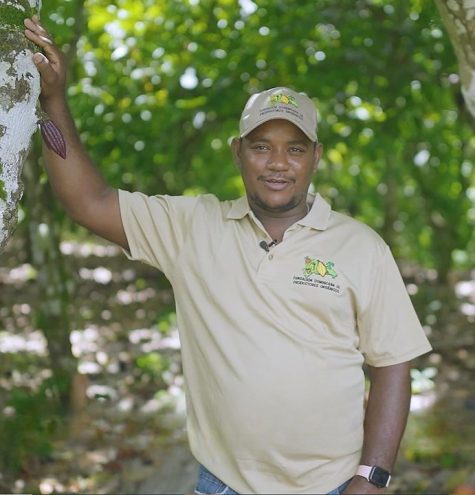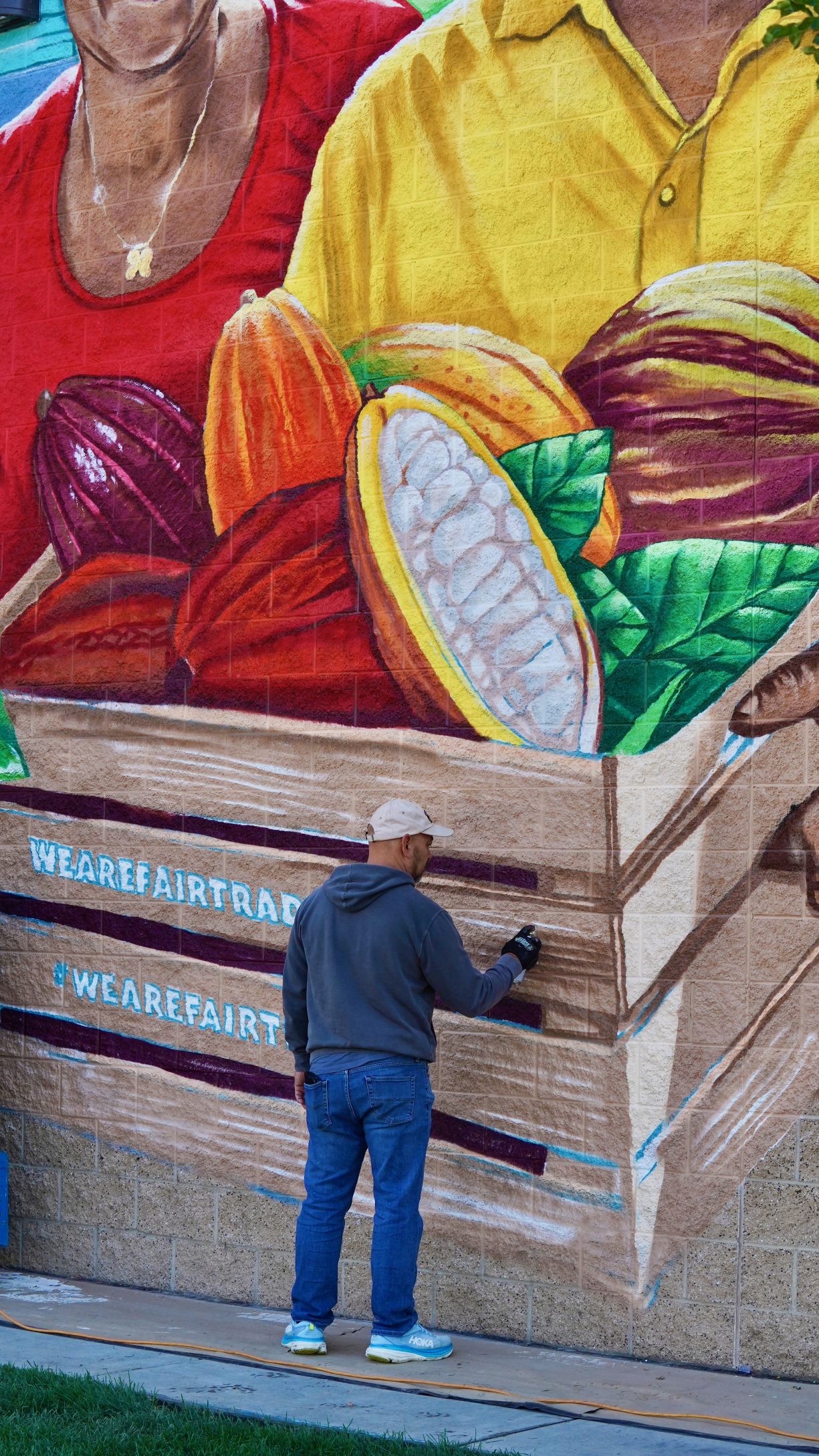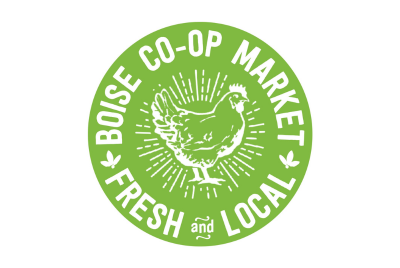Francisco Contreras and Carlixta Contreras Martínez
Farming has never been easy, and, frankly, it’s not getting any easier with climate change–but Francisco Contreras and Carlixta Contreras Martínez will not be deterred. Both siblings are cocoa farmers with FUNDOPO (Dominican Foundation of Organic Farmers) in the Dominican Republic, and they love what they do. Carlixta has her own farm. Francisco has his own farm. But they regularly help each other. And they also jointly cultivate a plot that they inherited from their parents where cacao trees grow in a grove among almond trees.
“I’m already half an old lady, you know? But I love to chop and pick cocoa.”
–Carlixta Contreras Martínez
We asked the siblings what their favorite aspects of their work were. Francisco named that he finds great satisfaction in pruning his cacao trees: “That’s when I see my real work, and say, ‘Wow this is my real business!’ That’s the work that really sustains me. I like the struggle of tending cocoa, that feeling of accomplishment makes me proud.”
As for Carlixta? She says, “My favorite moment in the farming process is when we harvest it and make our money! [Laughing] You know, the money we use to survive on this earth.”
She said it with a chuckle, but Carlixta makes an important point–making money as a commodity farmer is no small feat. Commodities are deeply embedded within the investment world, and their prices vacillate with market speculation. This variability can make it incredibly difficult for farmers to reliably cover their cost of production, let alone invest in their future. That’s why the Fairtrade Minimum Price is so important. It’s a price floor that is informed by the average cost of sustainable production, and it can provide critical financial stability to farmers amid a broader reality of market volatility. Francisco shares, “I have my family, I pay all my expenses, and [farming] is my only job. And I’ve been able to manage.”

Carlixta explains, “Before we got that aqueduct we had to go to a river on horseback [for water] to wash, and we had to walk about 15km [over 9 miles] to get drinking water.” Now, more than 20 families have potable water piped directly to their homes. This infrastructure brings a tremendous savings of time and a newfound ease to tasks like cooking, washing laundry and bathing. It has also eliminated the costly alternative of paying expensive tanker trucks to deliver water to their neighborhood.


“We enjoy [cocoa farming] very much. We thank God because that’s what we like to do and that’s what our parents taught us to do, to tend to cocoa. We feel very proud to belong to the cocoa region, and we have kept up our production.”
– Francisco Contreras
Farming in a changing climate
Farmers like Carlixta and Francisco–who only gained access to piped water in their homes in 2020–did not cause climate change. Yet they are the ones who are already feeling the brunt of it. Francisco notes, “Because of the changing weather, which is where we are mainly affected by climate change, production can be spoiled by up to 40, 50, even more than 60%. When the summer is too hot, and there’s not enough rain, the cocoa pods cannot fully develop because there’s not enough balance between heat and rain.”
The future of cocoa holds many uncertainties. One thing you can count on? Francisco remains committed to cocoa farming. We asked him if he had a message for US consumers. He responded, “We are not going to let you down, and we’ll continue to improve the quality of our production however possible and keep moving forward.”
We are blown away by Carlixta and Francisco’s dedication to growing top-notch cocoa despite all the obstacles. So, we’ve decided to partner with local artist Bobby Gaytan to put up a mural that portrays the siblings on the wall of Boise Co-op Market in Meridian, ID–where you can find Navitas Organics Fairtrade cacao products for sale. And where does Navitas source their Fairtrade cacao from? FUNDOPO–where Carlixta and Francisco are cooperative members.
Photo credit to One One Productions.
Bobby Gaytan


At Navitas Organics®, the mission is simple. Navitas is committed to creating a healthier world through regenerative organic farming and plant-forward lifestyles. Founded in 2003 from a belief in the power of plant-based, whole foods to help us live healthier, more enriching lives, they now offer 60+ USDA certified organic SKUs including baking products, wellness staples, functional snacks, and beverages. All Navitas Organics® products are Organic, non-GMO, gluten-free, and vegan. Navitas Organics® Cacao Wafers and Cacao Nibs are Fairtrade certified and their Cacao Powder is Fairtrade certified and Regenerative Organic Certified®. Navitas Organics® is proudly a purpose-driven, B-Corp company with a vision of using business as a force for good.
Boise Co-op Market

Boise Co-op Market is a community-owned, natural foods market committed to nurturing every body in their community without compromise. They offer responsibly sourced products and prioritize quality, ethics, sustainability, accessibility, and care in everything they do.
Photo credit to One One Productions.


